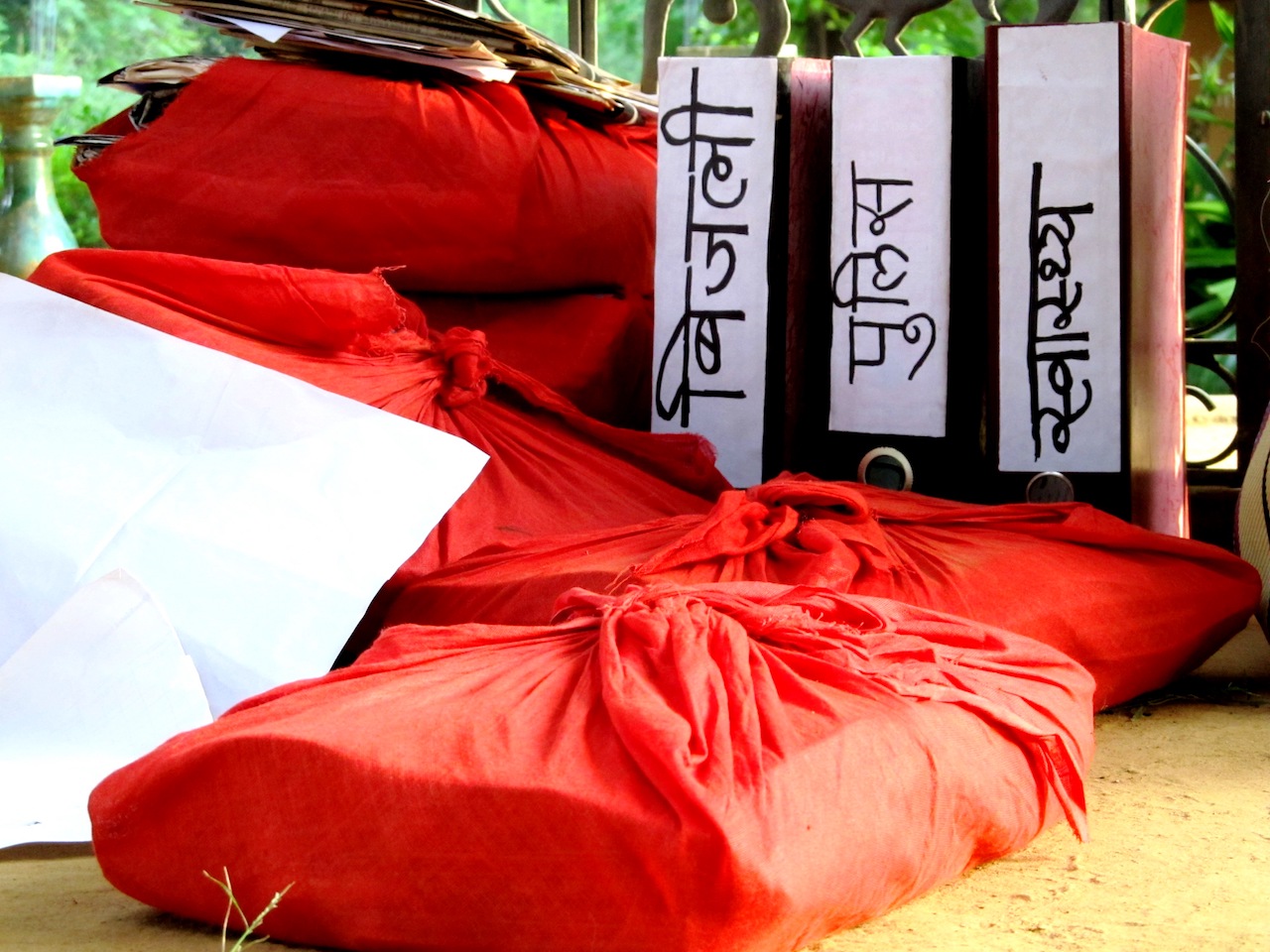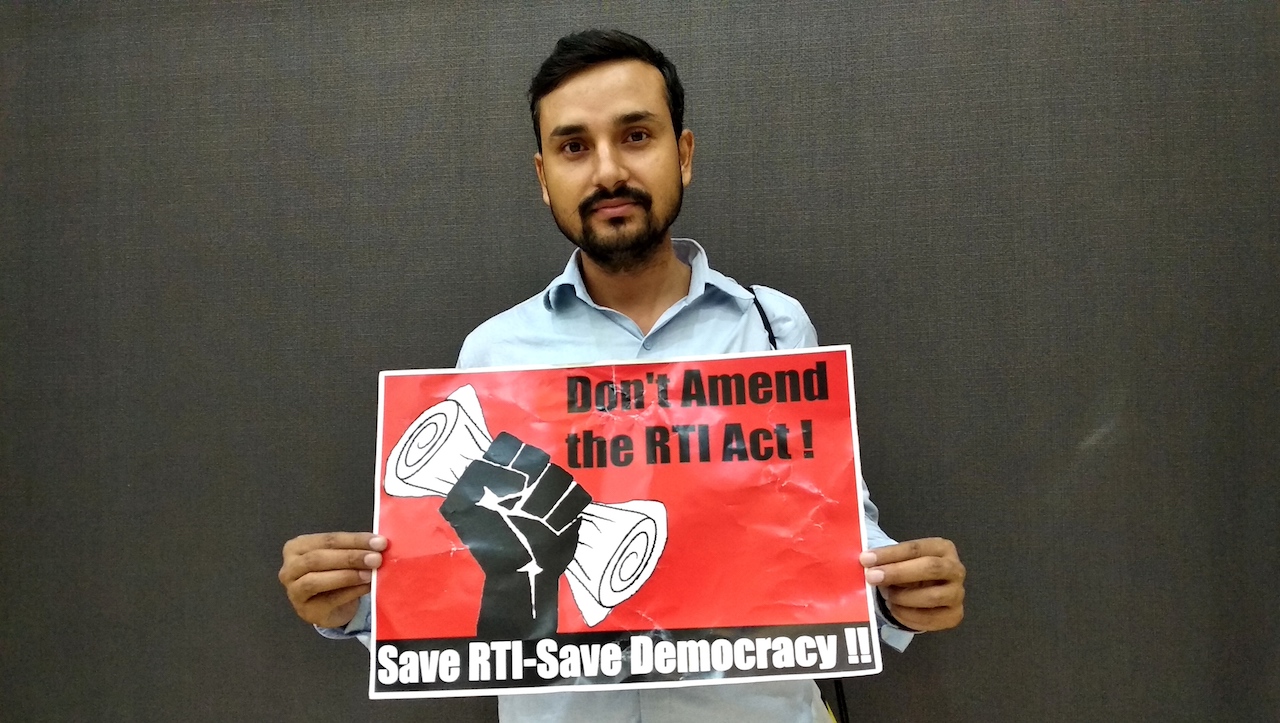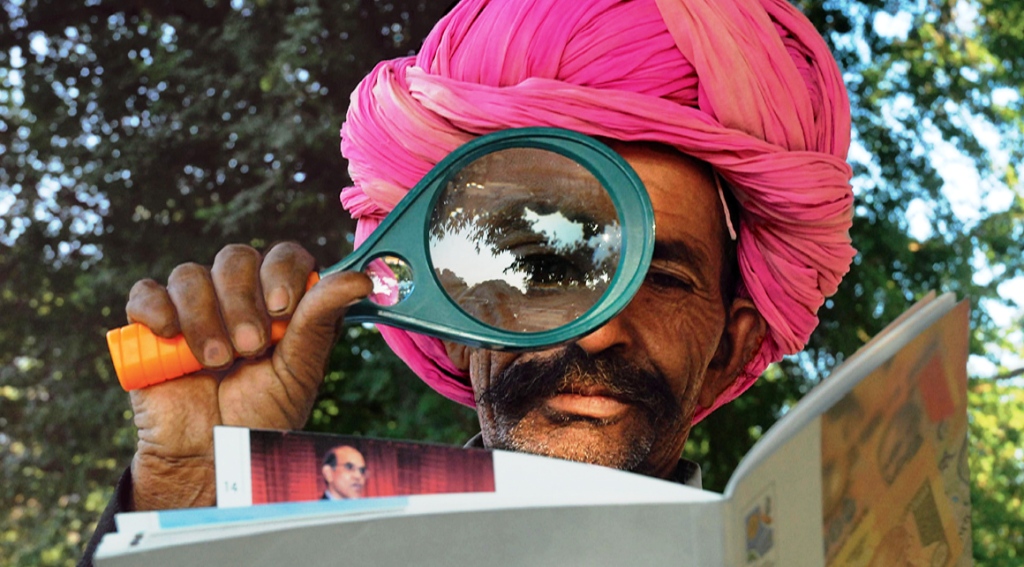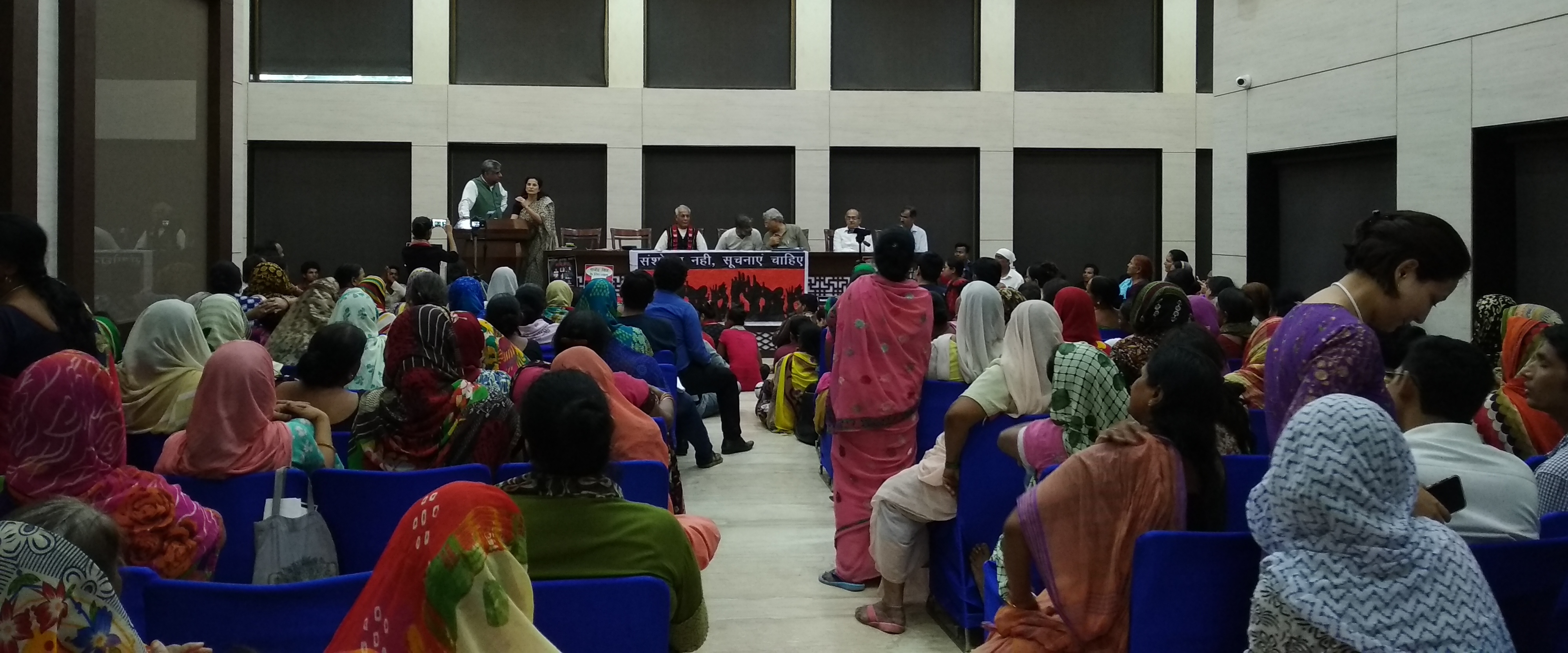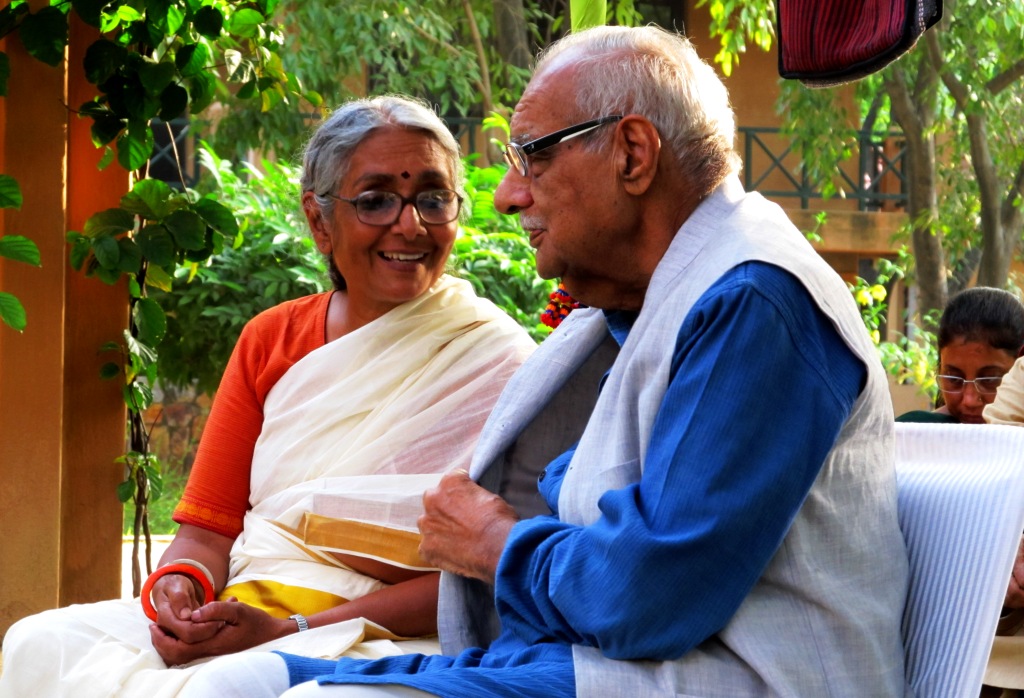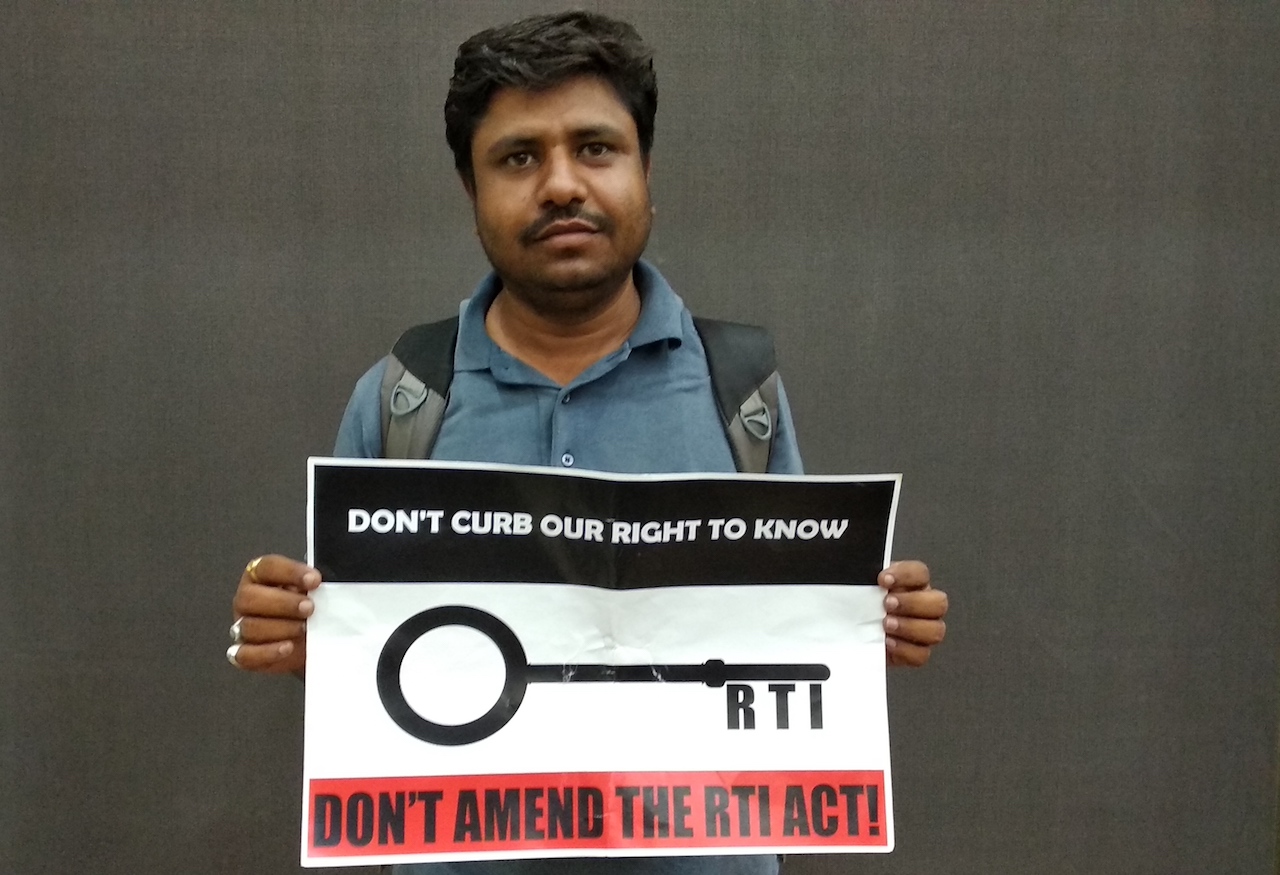Afroz Alam Sahil, BeyondHeadlines
The last UPA Govt. presented Right to Information (RTI) to the public in 2005, the objective of which was to bring transparency and accountability towards common people.
This law for the first time gave the people of India the ownership status over the government and their rights. The public took interest and felt empowered after the enactment of this Act. Generally the legislation proved to be a miracle for most of the people could realise their power for the first time in history of independent India. But in the current government regime, it seems like the government wants to put an end to RTI for ever. It is not possible for them to eliminate it all, therefore the efforts are being made to weaken it gradually. For this, a planned strategy is on process so that people stop filing applications for RTI.
13 years ago when the RTI Act came into effect, it was seen as a powerful tool to fight corruption. But now it has lost people’s faith. Most of the RTI activists complain that the intention of current government is not appropriate regarding this law.
Our PM talks about promoting RTI in his speeches. In one of his speeches, he asks the government departments to keep in mind three ‘T’s -Timeline, Transparency and Trouble-Free in response to RTI applications. But the story is completely different from what he claims. The government is engaged in eradicating this law by creating difficulties in various ways.
Following are the five major difficulties in the path of RTI-
1. Pending cases in the commission
RTI activists consider the pending cases in Information Commissions(ICs) as the biggest challenge to the RTI Act, as they have to wait for years to get the information. According to a recent report by Satark Nagrik Sangathan and Centre for Equity Studies, more than 1.99 lakh cases are pending in 23 ICs across the country till October 31, 2017. While these figures do not include pending cases of Andhra Pradesh, Bihar, Jharkhand, Madhya Pradesh, Rajasthan and Tamilnadu.
This is to note that presently the most pending cases are in Uttar Pradesh IC. There are 41,561 pending cases till October 31, 2017. Maharashtra is at number two, here 41,178 cases are pending. Karnataka is at number three with 32,992 pending cases. At the same time, there are about 24 thousand cases pending in the Central Information Commission(CIC).
2. The lack of Information Commissioners
Reinstatement of ICs is also a big challenge. Under the provisions of the law, every IC should have 11 commissioners. But there are only seven ICs in the CIC at this time. The thing to be considered is that the four Commissioners, including the Chief Information Commissioner in the Central Information Commission (CIC), are retiring in the coming four months.
Andhra Pradesh State IC does not have a single Information Commissioner. This means that the institute is completely inactive at this time. At present, four posts are lying vacant in the Maharashtra State . The Kerala State IC has only one Information Commissioner. In Karnataka State IC, six posts of Information Commissioners are vacant. The Odisha IC has three Information Commissioners. Similarly, there are only two Information Commissioners in the IC of Telangana and only 2 Information Commissioners in West Bengal. At the same time, there is not a single Chief Information Commissioner in places like Gujarat, Maharashtra and Nagaland. Here the information commissioners are working without the Chief Information Commissioner.
3. Avoiding attitude due to no penalty
The attitude of the Public Information Officers has been to avoid applications. Under Section 6 (3) of the RTI, applications are rotated from table to table. Therefore information is not available on time. Appeals are also ignored.
Not only this, to avoid giving information, many examples have been found on the part of the PIO and Appellate Authorities to break section 8 of RTI Act according to their convenience. According to the RTI activists, the real reason behind this is that the commission does not impose a penalty on these officers under the provisions of the law.
4. More emphasis on Privacy than Transparency
Experts believe that the attitude of emphasizing privacy rather than transparency of the current government is the biggest challenge for the RTI. In the past few days, the Central Government has issued a directive to its officers and employees in the form of an official Memorandum that sensitive information should not be leaked. The information obtained by RTI itself indicates that the current Modi Government has cut 80% amount spent on RTI campaign. This shows the intention of government towards giving more emphasis on privacy rather than transparency.
5. Court Intervention and State Notifications
In recent days, the order of various Courts and notification of the state government has also weakened the RTI. Information Officer and the Commissioner refuse to give information by referring these notifications and orders. In the past, the orders of the Goa High Court and the Madras High Court have been in considerable discussion. However, the Madras High Court has withdrawn its decision. In Madhya Pradesh, the State Government has removed the notification and many departments from the RTI area along with the Home Department. In many states, the fees are charged separately.

